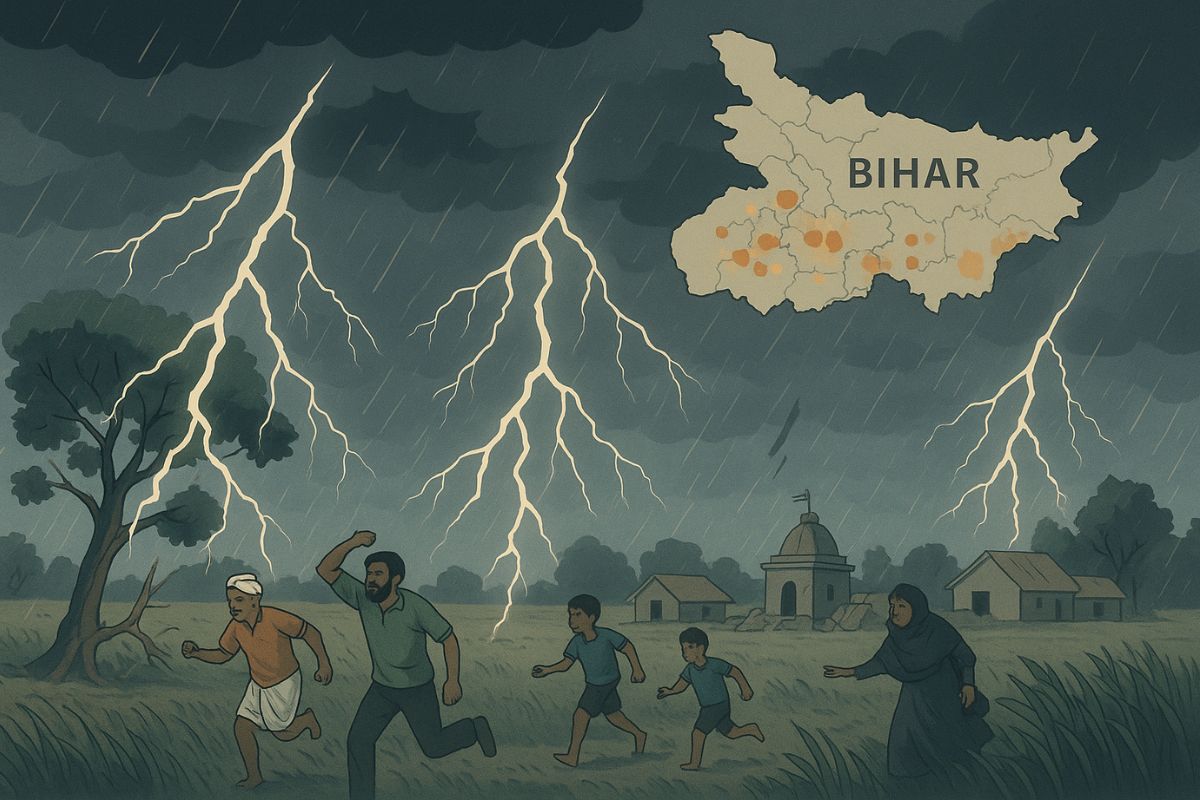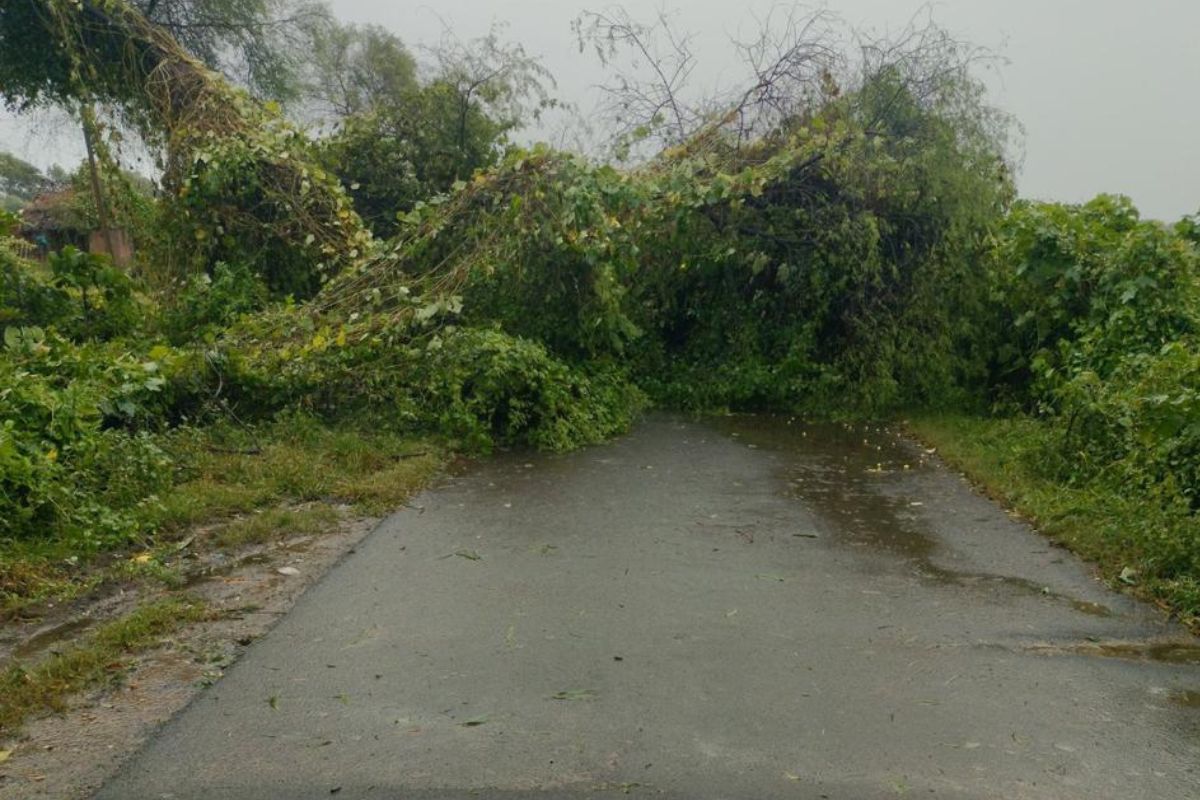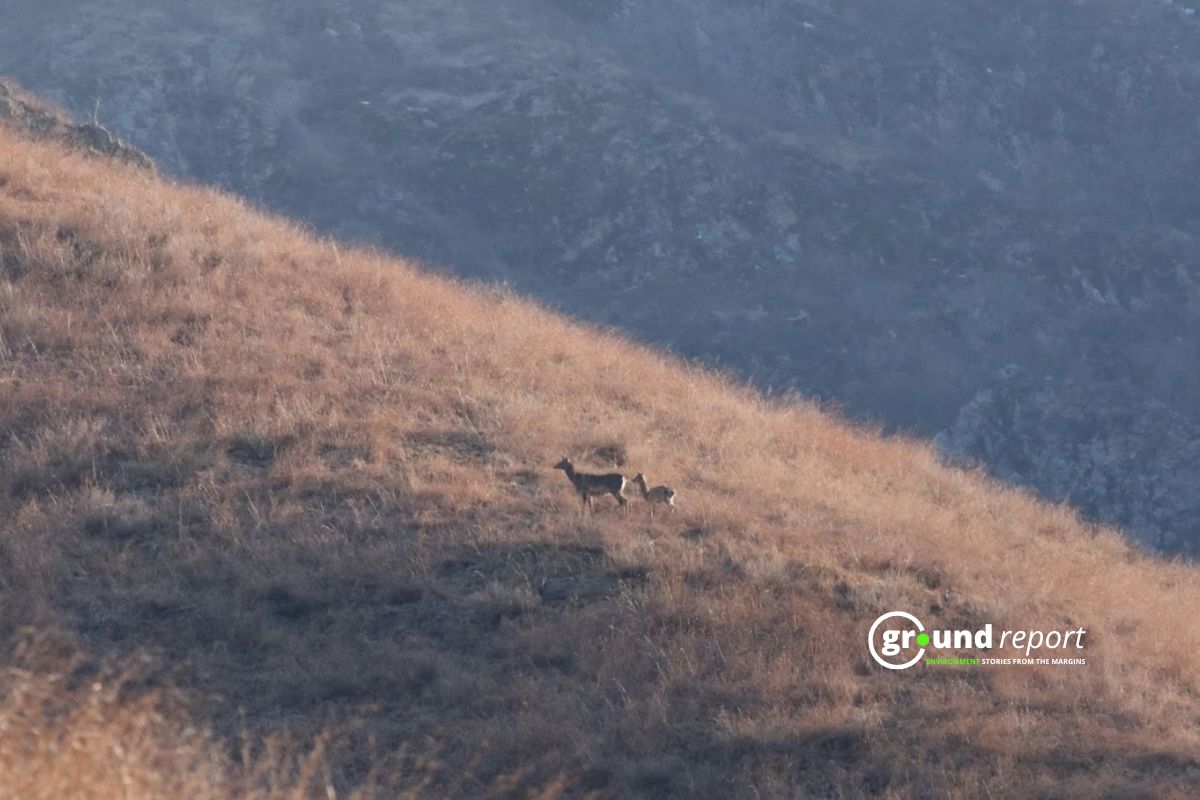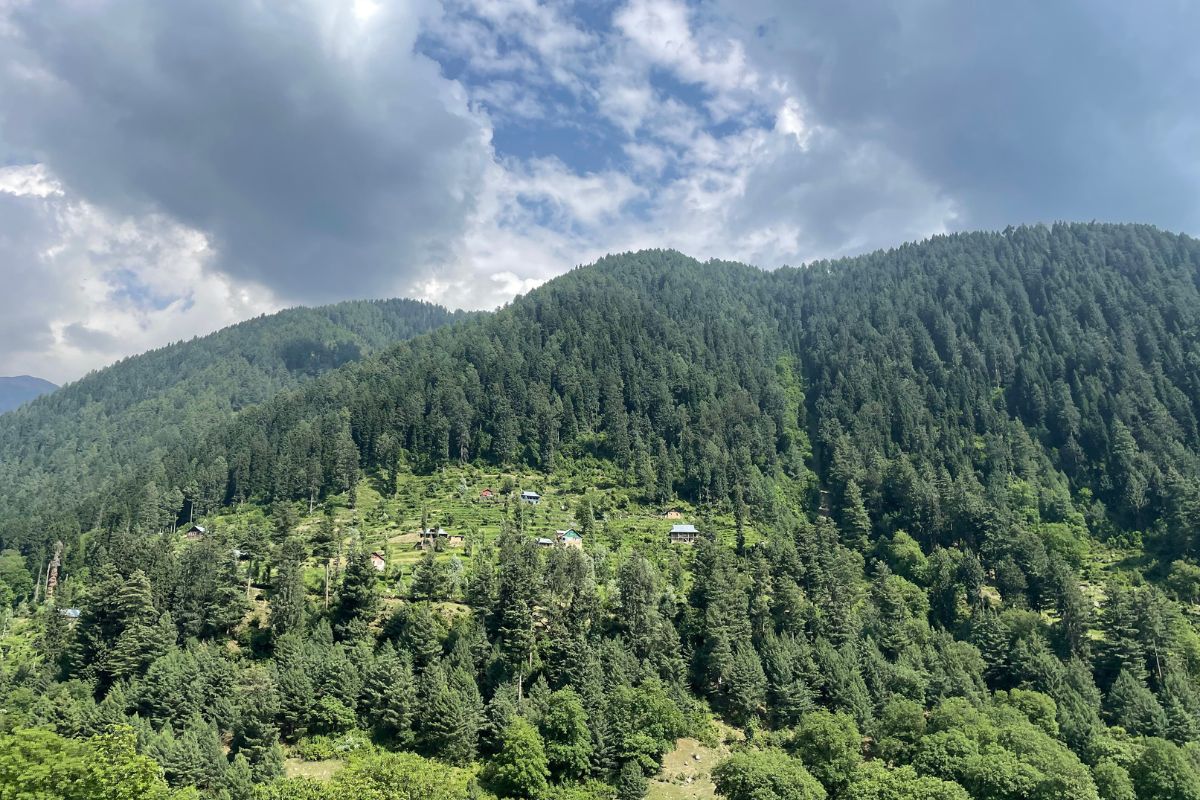In Madhya Pradesh, the forest department, PCCF (Wildlife), issued an order on January 29. The order said that a gang of notorious poachers of Bawaria and Pardhi tribes who prey on wild animals, especially tigers, has become active in the state. Directions were also issued to conduct extensive searches and surveillance of nomadic tribes, including Pardhis classified as Scheduled Tribes. Now activists and lawyers of tribal organizations have expressed their concern, calling this order of PCCF (Wildlife) Shubharanjan Sen discriminatory and against forest dwellers.
Forest rights activists and lawyers have launched a campaign against the order. In this connection, dozens of experts, civil rights and forest rights activists and lawyers from the country and the state have signed a memorandum and are preparing to submit it to the state government so that, through this, pressure can be created to withdraw the order issued by the Forest Department.
The order of the PCCF
The Madhya Pradesh forest department’s order directs extensive search and surveillance of Pardhi, Bawaria, and nomadic communities (classified as Scheduled Tribes) in the forest areas of Narmadapuram, Seoni, Chhindwara, Betul, Bhopal, Jabalpur and Balaghat. According to the order, search operations are being carried out with the help of dog squads at the houses of the communities and documenting their presence at the nearest police stations. When nomadic tribes and outsiders are found in the tiger reserve and its surrounding areas, their belongings (plastic bags, sheet blankets, herbs, boxes of dry fruits, etc.) continue to be searched.
However, the order was issued in the backdrop of the possible presence of poachers in the forest area. This order has been issued on the basis of information received from arrested poacher Ajit Pardhi. Information was received from hunter Ajit that the presence of the hunter community persists in the tiger corridors of the state.
Active hunters in tiger corridors
Kalla Bawariya, a poacher who became active in the state after Maharashtra, Meghalaya, Tamil Nadu, and Assam, was arrested by the State Tiger Strike Force from Vidisha in August 2023. After Kalla’s arrest, his associate Pujari Bawaria was also taken into custody by the force. Both are currently lodged in Narmada Puram (Hoshangabad) jail. On the basis of the information received from these two, the notorious hunter Ajit Pardhi, who had been absconding for 11 years, was arrested from Katni in July 2024. However, Ajit Pardhi got bail from Jabalpur High Court in September 2024, but Ajit was arrested in January 2025 by the Maharashtra Forest Department in another case and is still in jail.
Objections of lawyers and activists
Forest rights activist and independent researcher Tushar Das says, “This order reminds us of the atrocities committed by the British. Looking at this order, it seems that the atrocities committed by the British continue even today, but in the 21st century, the forest department has replaced the British.”
The British had put some tribes in the category of criminal tribes under the Criminal Tribes Act 1871 (now repealed). After independence, these tribal communities were de-notified, but even after this, these communities are still being seen from a criminal point of view.
“The order issued by the MP forest department is absurd and unconstitutional. It violates the right to equality and the right to privacy. There is no legal basis for this claim. That’s why it should be withdrawn. “
Mrinalini Ravindranath, Lawyer and Research Head of the Criminal Justice and Police Accountability Project, said:
“The order is also against the peaceful exercise of rights conferred under the Forest Rights Act 2006. The Act includes other community rights like living on forest land, access to forest produce, access to resources for nomadic and pastoral communities.”
The order also violates the tribal rights protected under the Scheduled Castes and the Scheduled Tribes (Prevention of Atrocities) Act, 1989. Referring to the Supreme Courts 2024 order in Sukanya Shanta vs Union of India and Others, advocate Harsh Kinger says, “The colonial approach and lack of understanding of India’s caste system is visible in this order (Forest Department). ”
He adds, “The forest department’s order is portraying the nomadic tribe as habitual thieves or criminals, which is against several Supreme Court orders. “
The Pardhi and Bawariya communities are denotified tribes who have faced significant injustices in India, tracing back to the British Criminal Tribes Act of 1871, which unfairly categorized them as habitual criminals. Even after the repeal of this act in 1949, the stigma and prejudice against these communities have persisted, influencing law enforcement and societal attitudes. This has resulted in continued marginalization, with many denotified tribes lacking constitutional support and facing deep impoverishment. The media coverage of these communities tends to focus on alleged criminal activities, further perpetuating negative stereotypes.
Mrinalini adds “This notice is being used by the authorities to harass, intimidate communities and control their movement. This act can also make it accountable for the authorities to prosecute and hold them accountable. “
Now the MP forest department has branded the entire community as habitual offenders on the basis of some suspected criminals. The directive also brings into question the right to a dignified life guaranteed to these communities by the Constitution of India.
However, this order has been issued with the aim of curbing the hunting of wild animals in the state. Now this order is being opposed through tribal organizations and lawyers. Through this protest, an attempt is being made to press for the withdrawal of the order. Now after this protest, whether the forest department revokes its order or continues it will be clear only in the coming time.
Support us to keep independent environmental journalism alive in India.
Keep Reading
Erratic rainfall: Orange farmers and traders suffer in Pandhurna
Wadda Mal’s water woes: Families fight for survival amid crisis
Chhindwara’s maize-ethanol dream: promise vs reality
Soil Health Card: Ambitious scheme faces ground-level challenges
Follow Ground Report on X, Instagram and Facebook for environmental and underreported stories from the margins. Give us feedback on our email id greport2018@gmail.com.
Don’t forget to Subscribe to our weekly newsletter, Join our community on WhatsApp, and Follow our YouTube Channel for video stories










